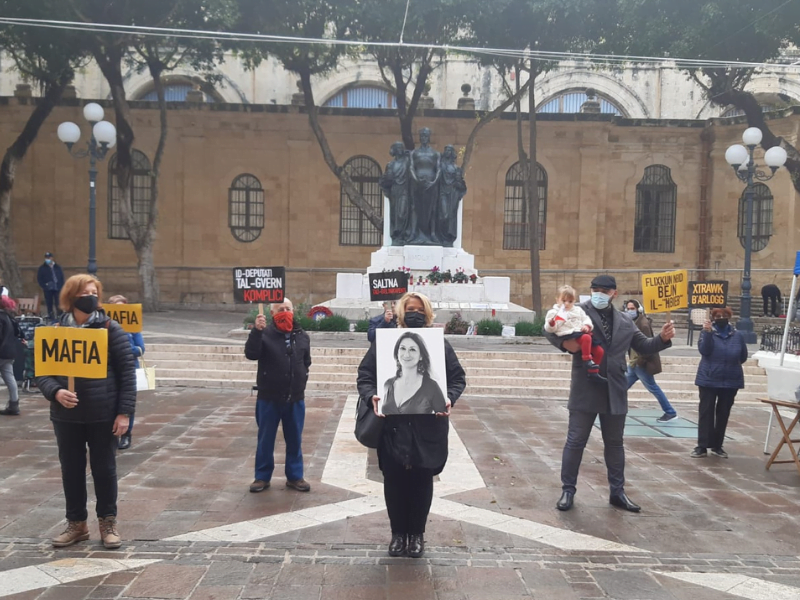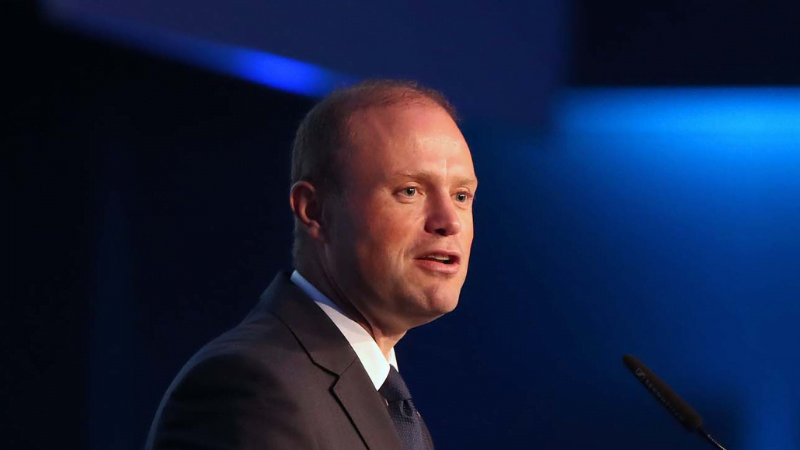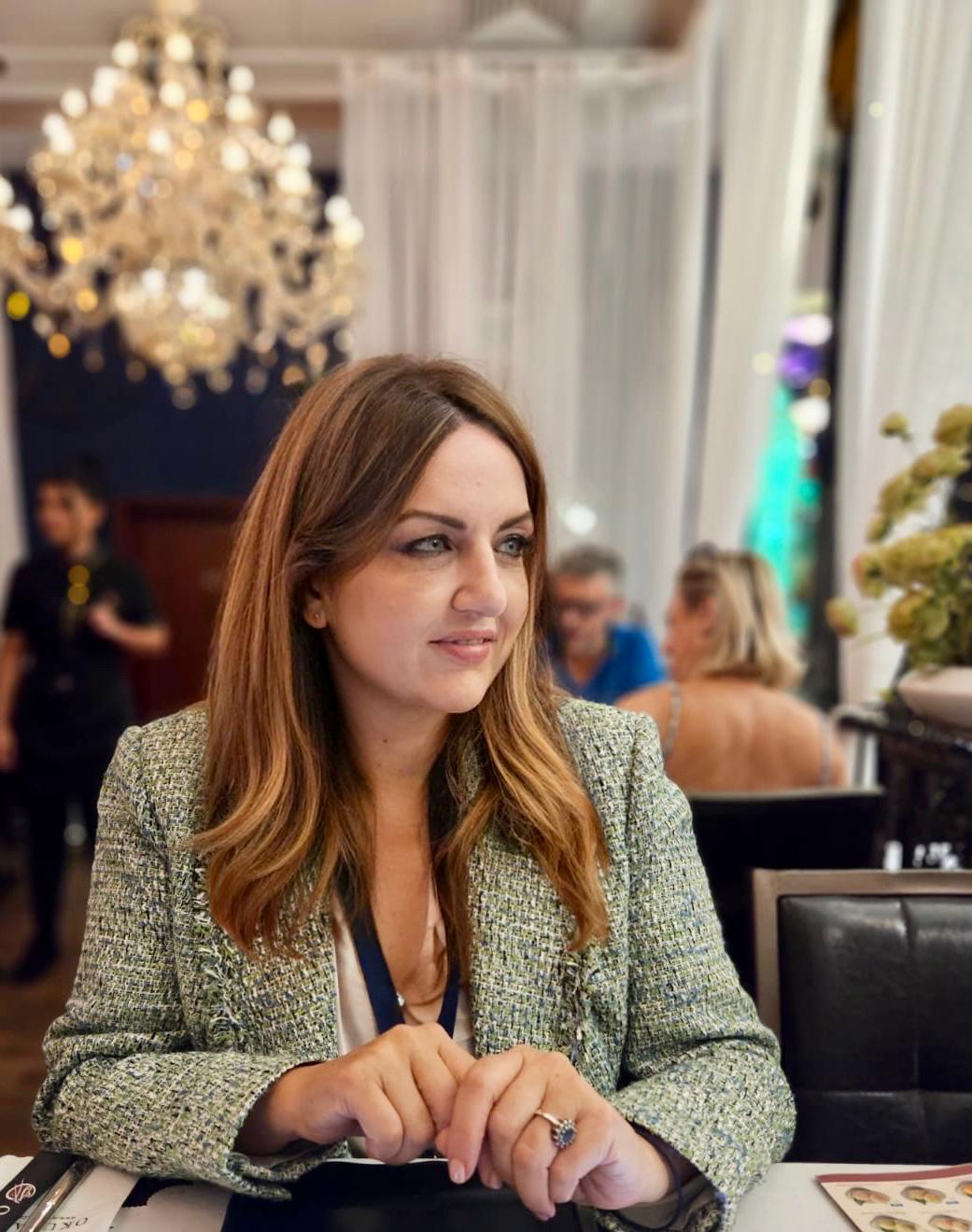The inquiry board looking into the assassination of journalist Daphne Caruana Galizia repeatedly questioned disgraced former Prime Minister Joseph Muscat about the “environment of impunity” following the Panama Papers revelations, which Muscat denied existed.
“After the Panama Papers, a chain of events happened which led to the murder of Daphne Caruana Galizia. There was a sense of impunity, these things happened, people were protected, and they (the mastermind/s) thought ‘we too are going to be protected’,” said Michael Mallia, the former Judge heading the inquiry before a packed courtroom.
This line of questioning was put to Muscat repeatedly throughout the four-hour-long sitting, but the former prime minister insisted that there was no such impunity. “If they had impunity, they would not be in jail,” said Muscat, to which Mallia replied, “they were reached now, they thought they were unreachable then”.
Muscat insisted that impunity related to other cases, such as the unsolved cases of Karin Grech and Raymond Caruana, and some 139 car bomb attacks in the last 40 years which remain unsolved.
Tackling it from a different angle, the board questioned Muscat on whether close relationships between the government and businessmen could have created such an environment of impunity. However, Muscat defended the need for governments to have such relations for the economy to flourish. He argued that it had always been the case: “If there was impunity then it has always been there,” he said.
Upon entering Court, Muscat was greeted by anti-corruption protesters holding up placards and a picture of Caruana Galizia.

Protesters greet former Prime Minister Joseph Muscat as he enters Court to testify in the public inquiry into the assassination of journalist Daphne Caruana Galizia.
Keith Schembri told Muscat 17 Black had nothing to do with Electrogas
The board questioned Muscat about his lack of action following Panama Papers. He argued that the “information trickled in”, and that, back when the initial revelations emerged, he believed that owning an offshore company did not necessarily imply criminal intentions.
He said that the reasons given by former Minister Konrad Mizzi and former Chief of Staff Keith Schembri justified his decision to keep them on, and argued that action was taken in the form of audits into their financial structures and Mizzi losing his portfolio and his position as Deputy Leader. He argued that they were “doers” and ultimately chose to keep them.
“History will decide whether I took enough action,” he said.
Judge Emeritus Joseph Said Pullicino agreed that Muscat might have had a reason for “soft-pedalling” initially, but questioned why the approach was prolonged as more revelations started to emerge.
Muscat said he did not ask Schembri to resign following revelations about 17 Black because Schembri had told him it was linked to business and had nothing to do with Electrogas.
He said he was angered when he was also accused of having received kickbacks along with the others.
“So what you were accused of clouded your view of the others?” asked Said Pullicino.
Muscat said that the allegations about him owning the third company revealed in the Panama Papers were tied to the revelations involving Mizzi and Schembri.
“The only thing I could have done which I did not do was remove the two,” said Muscat.
“If you did remove them, what happened may not have happened,” noted Said Pullicino, to which Muscat reiterated “you cannot see things with a domino effect, with all due respect”.
Muscat plays down hostility towards journalists
Muscat described his relationships with journalists as a “love/hate” relationship, downplaying it by arguing that this was the case around the world and that media and politicians “need each other to survive”.
“We are in a situation where the biggest powerhouse in the world is calling the media ‘fake’, something I thought could never happen,” said Muscat, referring to outgoing US President Donald Trump. Muscat has also referred to articles in the media as “fake news”.
He argued that journalists in Malta have “strong tools at their disposal”, such as the Freedom of Information Act.
When asked about SLAPP, Muscat said that discussions on the subject are ongoing on a local and EU level. “You need to give the liberty to write but then you also need to take responsibility for what you write,” he added.
Mallia told the witness that what the board is concerned about are journalists who do not have media houses behind them and what protection they are given by the State.
Muscat said the moment there was a threat he was “the first to agree with the (police) commissioner” for Caruana Galizia to get security.
“She was the opposition; the opposition had finished. It is mind-boggling to me that after 2017, when she was focusing on the opposition, she became so politically irrelevant, and she was killed. The person who did this, besides being a criminal and assassin, is also stupid,” he said.
Her family contested this statement later on social media, saying it was “plainly untrue” and pointing out that Caruana Galizia’s readership was at its peak when she was killed.
And, of course, plainly untrue.
My mother’s readership was at its peak when she was murdered. https://t.co/hNfo3vSYZK
— Paul Caruana Galizia (@pcaruanagalizia) December 4, 2020
During questioning by the Caruana Galizia family lawyer, Therese Comodini Cachia, Muscat was asked about an email where he had given the go-ahead for passports firm Henley and Partners to take legal action against journalists in Malta.
Muscat said he “did not object” in order to “protect the interests of the country”.
“Without the IIP scheme, people would be suffering today, (the scheme) was in the national interest,” he said.
“What did the country need to be protected from?” asked Comodini Cachia, to which Muscat replied, “I have nothing to add”.
Comodini Cachia also questioned Muscat about the time when Caruana Galizia’s face appeared on a billboard by the Labour Party. Muscat defended it by arguing that Caruana Galizia “was the opposition, in reality”.
“It was a political narrative. She had the political narrative of the opposition,” he said.
Muscat slams inquiry board
The inquiry began with a statement read by Muscat, where he slammed the inquiry board for the way the investigation was being conducted.
“As the person who appointed this inquiry (board) I think it is pertinent to remind you of the parameters of the inquiry,” he said.
He argued that most questions during sittings did not align with the terms of reference and that previous administrations, the judiciary, and the media were not scrutinised.
“Daphne Caruana Galizia was a critic of the opposition in the last few months, including accusations of money laundering, how was it not scrutinised?”
“The lack of scrutiny shows that it was not thorough scrutiny,” he said, arguing that the board only focused on the Executive. He added that the Egrant story was also “completely ignored because it does not fit the narrative”.
Under oath, he said he did not have “any information” that Caruana Galizia’s life was in danger, and “much less that it could be prevented”. He said he did not instigate hate against the journalist. He also denied ever being aware of being part of the online hate groups revealed by The Shift.
The argument of a “political narrative”, which was also used by former Minister Konrad Mizzi in November, was put forward throughout the sitting by Muscat’s lawyers Pawlu Lia and Charlon Gouder. The two attempted to not allow questioning by Comodini Cachia and Jason Azzopardi, arguing that their aims are political. They were overruled, with the judges making it clear that the conditions of the inquiry state that the family can intervene.
Throughout their questioning, Lia was often heard chiming in that the questions were political. “When you say it is political it becomes political,” retorted Mallia.
The sitting ended behind closed doors as Muscat answered select questions linked to the Malta Security Service.















.
‘ the Freedom of Information Act’
Time and again the head of the Freedom of information replies ;
It is in your interest to know this but it is not in your interest to know this and/or a flat refusal to give relative information.